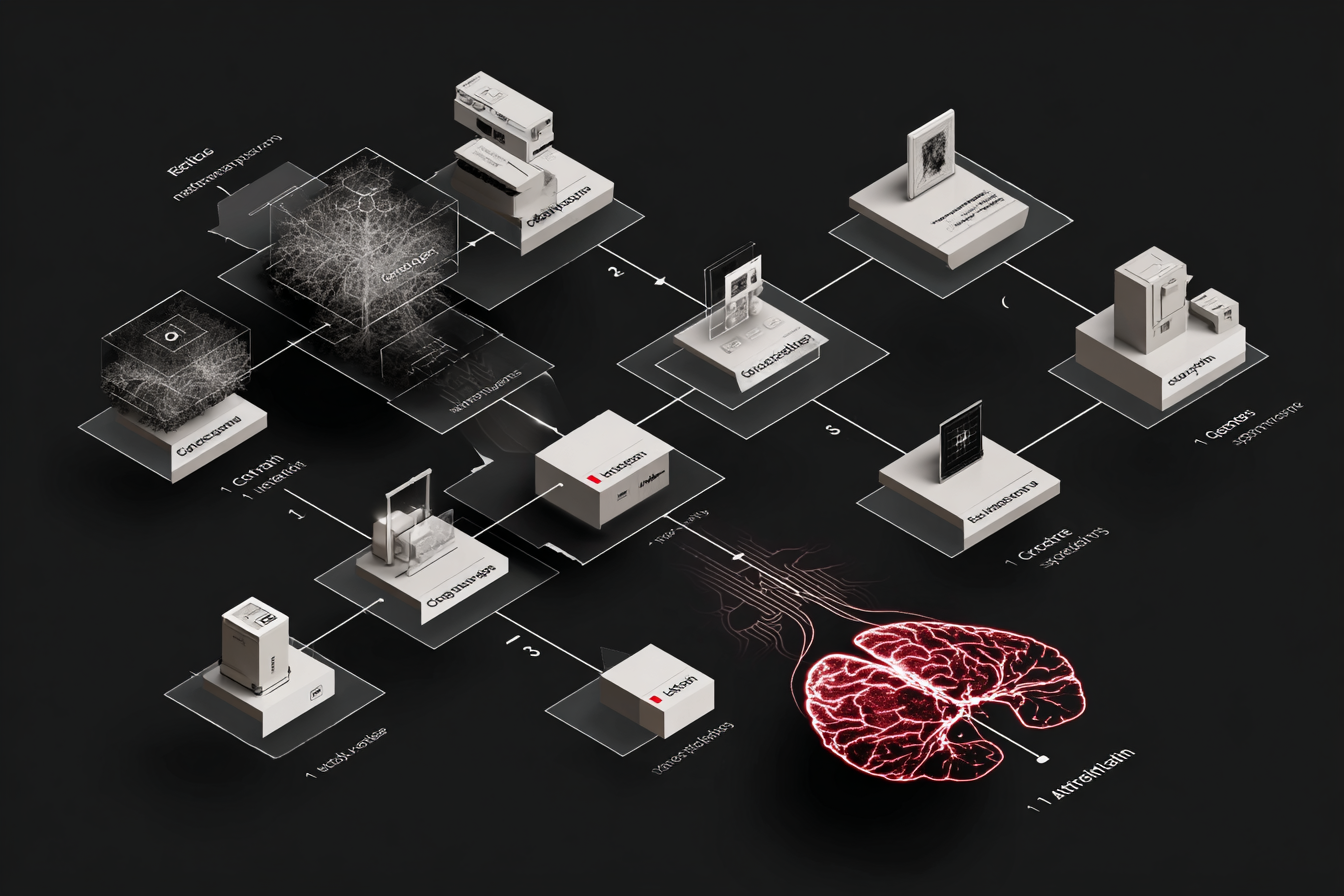Understanding Digitization: The First Step Towards Transformation
In today’s fast-paced business environment, digitization is often seen as a necessary first step for companies looking to modernize their operations. But what exactly does digitization entail? At its core, digitization refers to the process of converting analog information into a digital format. This can range from scanning physical documents to adopting cloud-based platforms for data storage.
While it may seem like a straightforward technology upgrade, digitization lays the groundwork for more complex systems. For instance, when a company digitizes its documents, it can easily store, share, and retrieve critical information. However, this process alone does not contribute to strategic decision-making or operational efficiency — it merely enhances accessibility.
The Limitations of Digitization in Business
While digitization is essential, it has its limitations. Many businesses mistakenly equate digitization with transformation. But simply digitizing data does not automatically lead to improved outcomes. Here are some key limitations to consider:
- Static Data: Digitized information remains static and lacks the ability to adapt or provide insights unless integrated with intelligent systems.
- Data Silos: Companies may end up with fragmented data across various platforms, making it difficult to leverage information effectively.
- Lack of Context: Digitized data alone does not provide context, making it challenging for decision-makers to glean actionable insights.
To maximize the investment in digitization, businesses need to transition to the next phase: integrating real intelligence into their operations.
Real Intelligence: The Next Frontier in Business Operations
Real intelligence goes beyond mere digitization. It involves using advanced technologies — such as AI and machine learning — to analyze data, derive insights, and make informed decisions. This intelligence can dynamically adjust to new information and adapt to changes in the business environment.
Here are several ways that implementing real intelligence can transform your organization:
- Predictive Analytics: AI systems can analyze historical data to forecast future trends, enabling strategic planning and proactive decision-making.
- Process Automation: Intelligent systems can automate repetitive tasks, freeing up human resources for more complex, value-added activities.
- Enhanced Decision-Making: AI can provide real-time insights and recommendations, allowing decision-makers to respond quickly to emerging challenges.
Incorporating real intelligence allows companies to transform traditional business models into more agile, responsive frameworks that can react to market changes with precision.
Implementing Real Intelligence: A Framework for Success
Transitioning from digitization to real intelligence requires a strategic approach. Here are actionable steps business leaders can take to implement real intelligence successfully:
- Assess Current Capabilities: Evaluate your existing systems and identify gaps in your data management and analysis capabilities.
- Invest in AI Solutions: Partner with technology providers like Innovoe to deploy custom LLM-based applications that can harness your data effectively.
- Foster a Data-Driven Culture: Encourage your team to leverage data in decision-making and invest in training to enhance their analytical skills.
- Monitor and Iterate: Implement a feedback loop to continually assess the effectiveness of your intelligent systems and make necessary adjustments.
By following this framework, organizations can create a sustainable model that fully utilizes both digitized information and intelligent systems to drive growth and innovation.
Innovoe: Your Partner in Transformation
As an AI-first software company, Innovoe is dedicated to helping businesses navigate the complexities of both digitization and real intelligence. Our expertise in building intelligent systems and custom applications enables companies to transform their operations and achieve a competitive edge.
By integrating real intelligence into your business strategy, you can unlock new opportunities, streamline operations, and make more informed decisions. Let Innovoe be the engine behind your transformation journey, providing the tools and knowledge necessary to thrive in an increasingly digital world.

